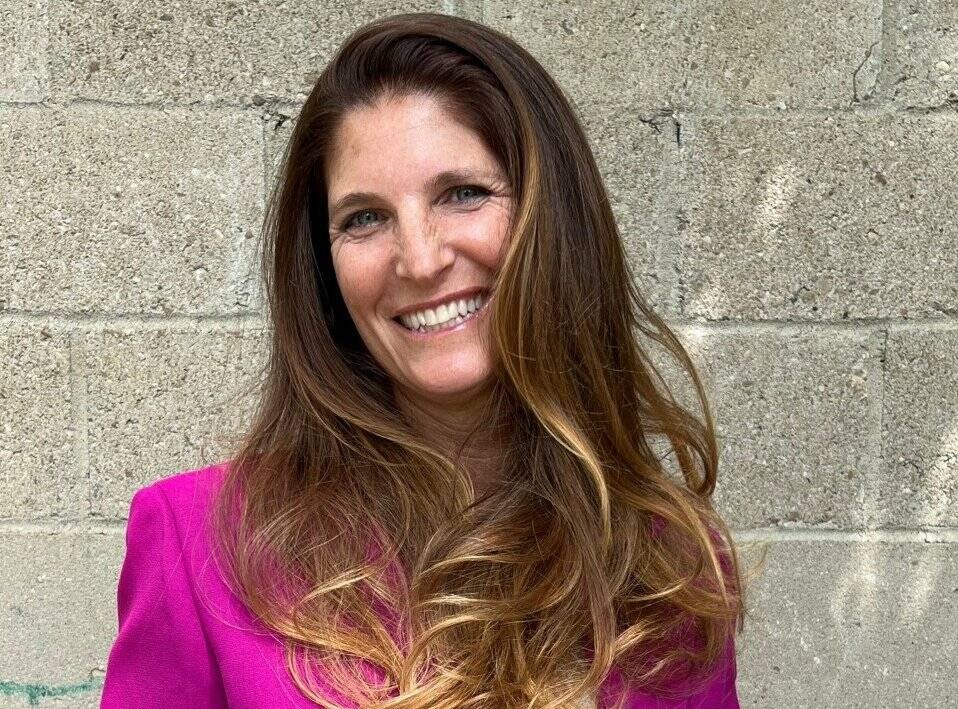Dear Lisi: I’ve been having trouble getting my adult daughter, in her mid-50s, and her boyfriend (whom she brought into my home against my wishes), to move out of my house. She came here because she got the boot from where she was previously living, for whatever reason, and was helping out with my partner who died this past September.
I have asked her numerous times to move, which she has ignored. I just gave her a written notice (emailed it as well) to move by mid-April. Every time I have asked her, she becomes nasty, bullies me and gives me a guilt trip.
I don’t think the boyfriend has a clue as to what’s going on. I am at my wits’ end.
Ignored Mom
Though you don’t sound infirm or fragile in any way, this behaviour of your adult daughter’s is borderline elder abuse. You didn’t have to let her in when you did; you were showing kindness. In turn, she helped you with your partner. This part of the story is healthy and what we do as a family — we help each other out.
But inviting her boyfriend to live with her in your home against your wishes is trespassing on his part. And the bullying is abusive.
I suggest you call in some help. Do you have a friend who is a lawyer or a police officer? Or any other grown male adult who could protect you physically if need be? I specify male because of the boyfriend.
I suggest you have a “family” meeting with your daughter, her boyfriend, and this other person (could be a family member if you have one available). You need to say your piece in front of the boyfriend and the witness. If the boyfriend is clued out, this may clue him in.
But if things have come this far, you may need to physically toss her and her belongings out the door, change the locks, and go away for a week until your daughter calms down. My go-to response is usually calm conversation and helpfulness, but this has gone too far, and you need to protect yourself.
Dear Lisi: My husband is an overgrown child. He comes from a financially well-to-do family and never had the stress of bringing home enough money to put food on the table and pay the bills. I loved his playfulness, sense of fun and stress-free attitude when I met him. I also saw the positives of marrying a man with money, though I have a career that I enjoy and that pays well enough.
But once we had children, I started to see the downside of his childishness. He would get pouty when I focused my attention on the children and not on him. He sulked when I was too tired to go out for dinner alone with him after a long day at home with a toddler and an infant. He would half-jokingly suggest leaving the kids at home alone when we couldn’t find a sitter on occasion and would be forced to cancel plans.
But now that they are school-aged, I’m even more concerned. He takes them for rides, even just to drop them at school, on his motorcycle, against my wishes. He takes them out on the snowmobile in the winter and the Sea-Doo in the summer.
How do I impress their safety upon him?
Scared Mom
Check the laws where you live regarding age restrictions for these potentially dangerous activities. If he’s doing anything illegal, or putting the kids at risk in any way, you need to contact the child welfare agency in your area. It’s your responsibility to your children to protect them and keep them safe at all costs.
FEEDBACK Regarding the son with a criminal record (Feb. 26):
Reader — “It’s not unexpected for someone to take a while to fit back into society after incarceration. Jail time can be very traumatic; those inside lose their sense of self-worth. Inside there is always someone telling them what to do, how to do it, when and where, all the time.
“Depending on how long he was in jail he may need support looking for a job, etc. Sit down with him and see if he knows where to start. Canadian Families and Corrections Network (CFCN) is a great family support in your situation. He should look for groups of people who have been in similar situations and have made it in the world.
“This is not an unusual situation. You are not alone, trust me. I have been involved in this field for 40 years.”
Lisi Tesher is an advice columnist based in Toronto. Send your questions to [email protected]



